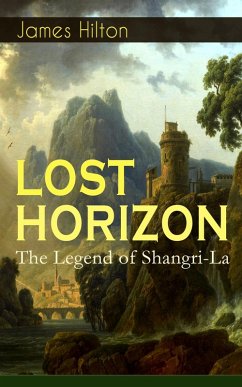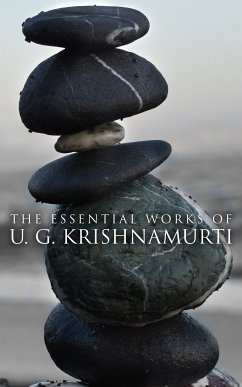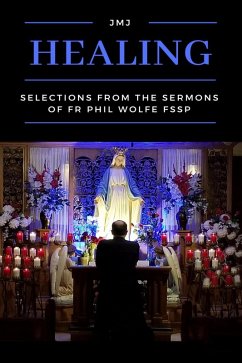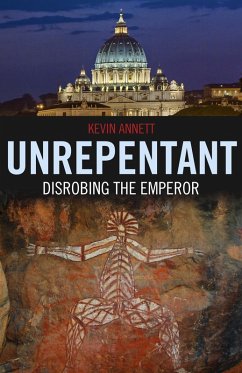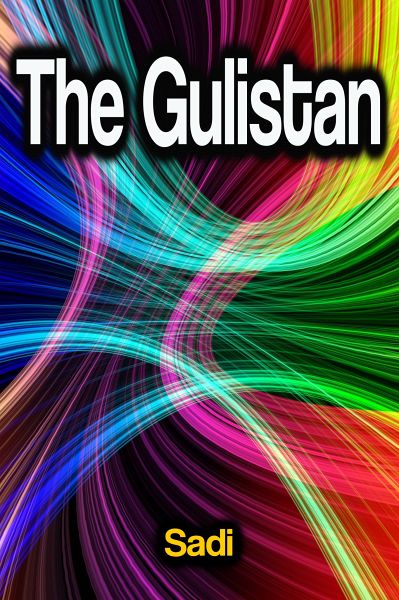
The Gulistan (eBook, ePUB)

PAYBACK Punkte
0 °P sammeln!
The Gulistan Sadi - The Gulistan (The Rose Garden) is a landmark of Persian literature. Written in 1258 CE, it is one of two major works of the Persian poet Sa'di. It is a collection of poems and stories and contains the well-known aphorism about being sad because one has no shoes until one meets the man who has no feet.
Dieser Download kann aus rechtlichen Gründen nur mit Rechnungsadresse in A, B, BG, CY, CZ, D, DK, EW, E, FIN, F, GR, H, IRL, I, LT, L, LR, M, NL, PL, P, R, S, SLO, SK ausgeliefert werden.









